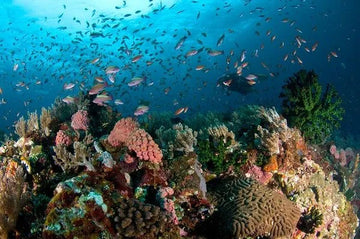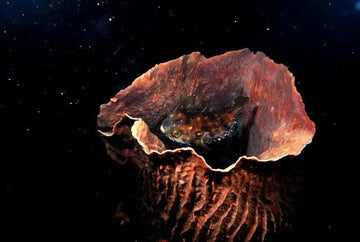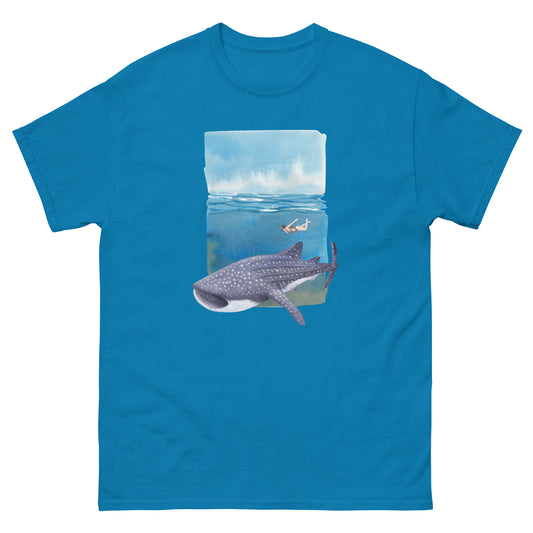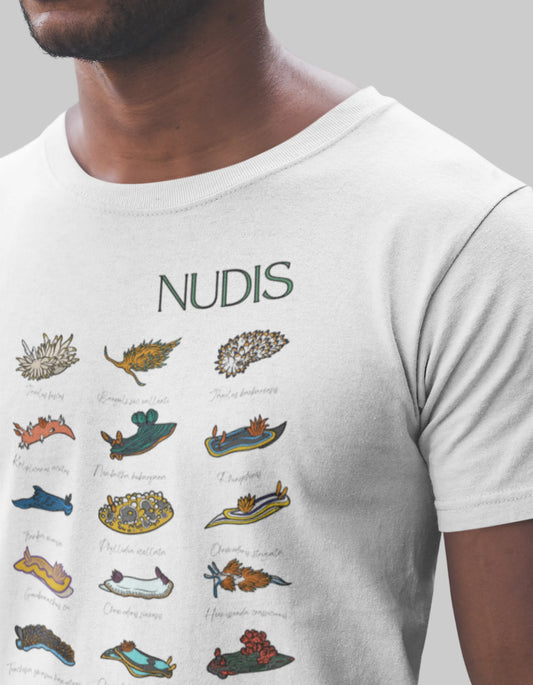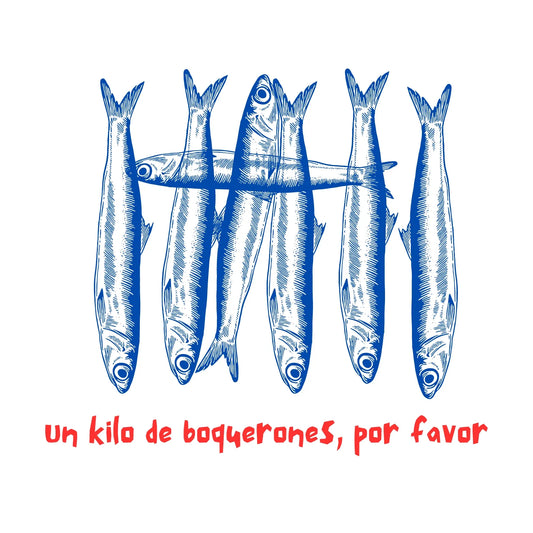Sharks are truly amazing creatures. We have worshipped and feared them for more than 100,000 years, since the first shark teeth were found in caves in Spain and Italy. Since then, we have continued to ask questions about sharks.
This initial sense of fear and ignorance about sharks was captured by Herodotus in 492 B.C. when he described sharks as "sea monsters" that killed more than 20,000 soldiers who fell into the sea during the first Persian invasion of Greece.

Roman mosaic with marine animals, including two species of sharks
Today, 2,500 years later, we are still asking questions about sharks, and in this article we will answer the most popular and frequently asked questions about sharks to help you get to know these amazing animals better.
Is a shark a mammal?
No, sharks are not mammals. They are a type of fish known as cartilaginous fish, which includes rays, manta rays, and mobulas. They are basically fish with a pair of fins, a jaw, a pair of nostrils, scales, a two-chambered heart, and a skeleton made of cartilage instead of bone.
Shark Lovers T-Shirts
VIEW MORE SHARK T-SHIRTS
How many bones do sharks have?
No, as we have already seen, sharks do not have a single bone. Their skeleton is cartilage. This is one of the keys to why sharks have lived for so many millions of years with little change. Cartilage makes sharks more flexible and lighter. This makes their bodies more flexible, they need fewer calories to move, and they can dive to depths of more than 3,000 meters.
Do sharks sleep?
Yes, sharks sleep, but in a different way than marine and land mammals. Most sharks must swim constantly to maintain the flow of water over their gills in order to breathe. However, some shark species, such as the Wobbegong shark, can rest on the ocean floor, allowing them to conserve energy.
How many species of sharks are there?
To date, more than 400 species of sharks have been identified, and new species are discovered every year. The variety is extraordinary, from the tiny lanternshark, which measures little more than 60 centimeters, to the enormous whale shark, which can reach 18 meters. In our oceans we find sharks of all shapes and sizes. And yes, some are really rare.
What do sharks eat?
There is as much variety in feeding as there are sharks themselves, which we have already seen encompasses up to 400 species... as far as we know. Sharks are apex predators and eat almost anything they can catch, such as fish, seals and even other sharks or sea turtles.

Tiger sharks can split the shells of sea turtles
Some species, despite their enormous size, such as the basking shark, feed on tiny organisms such as krill and plankton.
Do sharks lay eggs?
Yes, some shark species lay eggs, while others carry live young inside them until the moment of "birth". The latter are known as "ovoviviparous", basically the pup grows in an egg inside the mother. An example of this type of shark is the great white shark. Species that lay eggs, such as the bamboo shark, do so in a protective sheath that adheres to the bottom, rocks, or other underwater structures.

How many teeth do sharks have??
Again, there are many different species and we find everything from filter feeders like whale sharks to large predators that need strong teeth and jaws like tiger sharks. But they all have one thing in common: multiple rows of teeth in their jaws, and when they lose a tooth, a new one moves forward to take its place. Some shark species can have up to 50 rows of teeth at once!
Do sharks have tongues?
Yes... and no. This is a very curious question, which Google tells us is very often doubted, and which we certainly had not even asked ourselves. Yes, sharks do have a tongue, but it is a different tongue than that of us mammals, for example. For us, the tongue allows us to taste food, move it around in our mouths, and even speak. In sharks, the tongue is very short, without taste buds, and inflexible. In fact, it is thought to be of no real use to the shark.
How long do sharks live?
The life expectancy of a shark varies greatly from species to species. From the Greenland shark, which is believed to live over 200 years, to the bull shark, which has a life expectancy of only 11 to 15 years, there is a very wide range. But if we were to define an average life span for sharks, we could say that most shark species live between 20 and 30 years.
How many people die from sharks each year?
T-shirts designed by divers for divers
VIEW MORE T-SHIRTS FOR DIVERSHow many sharks are killed each year?
If we now compare these 9 fatal shark attacks on humans with the more than 100,000,000 (yes, 100 million) sharks we kill, we can more clearly identify which is the bloody predator of the oceans.

According to the WWF, these 100 million sharks are the ones we kill as a result of commercial and recreational fishing, as well as bycatch. This thirst for sharks has led to the decline of many shark species and raised concerns about the health of ocean ecosystems.
How do sharks mate?
The mating habits of sharks can vary greatly from species to species, but the "basics" are the same for all species. The male inserts his penis, called a "clasper", which is actually not one penis but "two", into the female's cloaca, releasing sperm and fertilizing her eggs. This usually occurs while the sharks are swimming in parallel, with the male clinging to the female with his teeth, often leaving bite marks on the female's body. This mating, which may seem brutal, is very common in most species and can leave females injured for some time.
Conclusion: there is still much to learn about sharks. And questions to ask. From their long lifespans to their unique mating habits, sharks are a vital part of the ocean ecosystem and are sure to captivate our attention for years to come. With their sharp teeth, powerful jaws and seemingly relentless pursuit of prey, it's no wonder these creatures have earned a reputation as the ultimate predators of the sea. But despite their reputation, there is still much that is unknown about these magnificent creatures.






